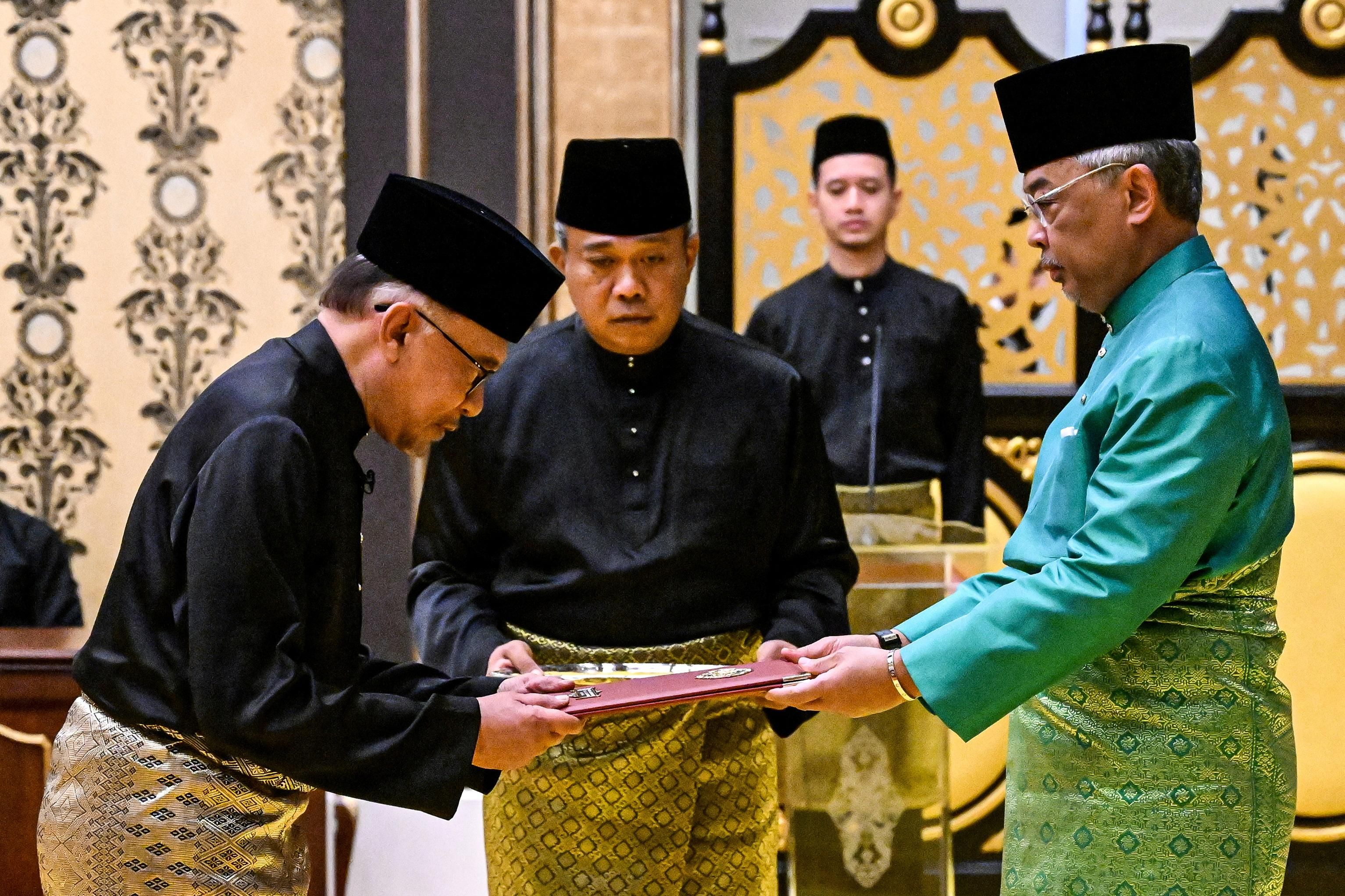10: Eternal opposition leader Anwar Ibrahim was (finally!) sworn in as Malaysia's 10th prime minister. Anwar — who was cheated out of the job twice by his former mentor, ex-PM Mahathir Mohammad, and spent years in prison on bogus sodomy convictions — will have a tough time keeping together a shaky multiethnic coalition.
100,000: US oil giant Chevron hopes to pump as much as 100,000 barrels per day of Venezuelan crude after getting a six-month license from the Biden administration to resume production via PDVSA, the national oil company. This comes as Venezuela's socialist government resumed talks with the opposition in Mexico City.
6 million: That's how many Ukrainians are now without power after the latest flurry of Russian air strikes. As Russia doubles down on targeting Ukraine's infrastructure to make up for its battlefield losses, civilians wonder how they'll make it through the cold winter.
4: At least four people were killed Thursday in a
botched coup attempt in São Tomé & Príncipe, a sleepy Central African island nation considered a model for parliamentary democracy in the continent. Whodunit? An opposition leader who contested the result of the last election and a former mercenary who tried to overthrow the government have been arrested.
